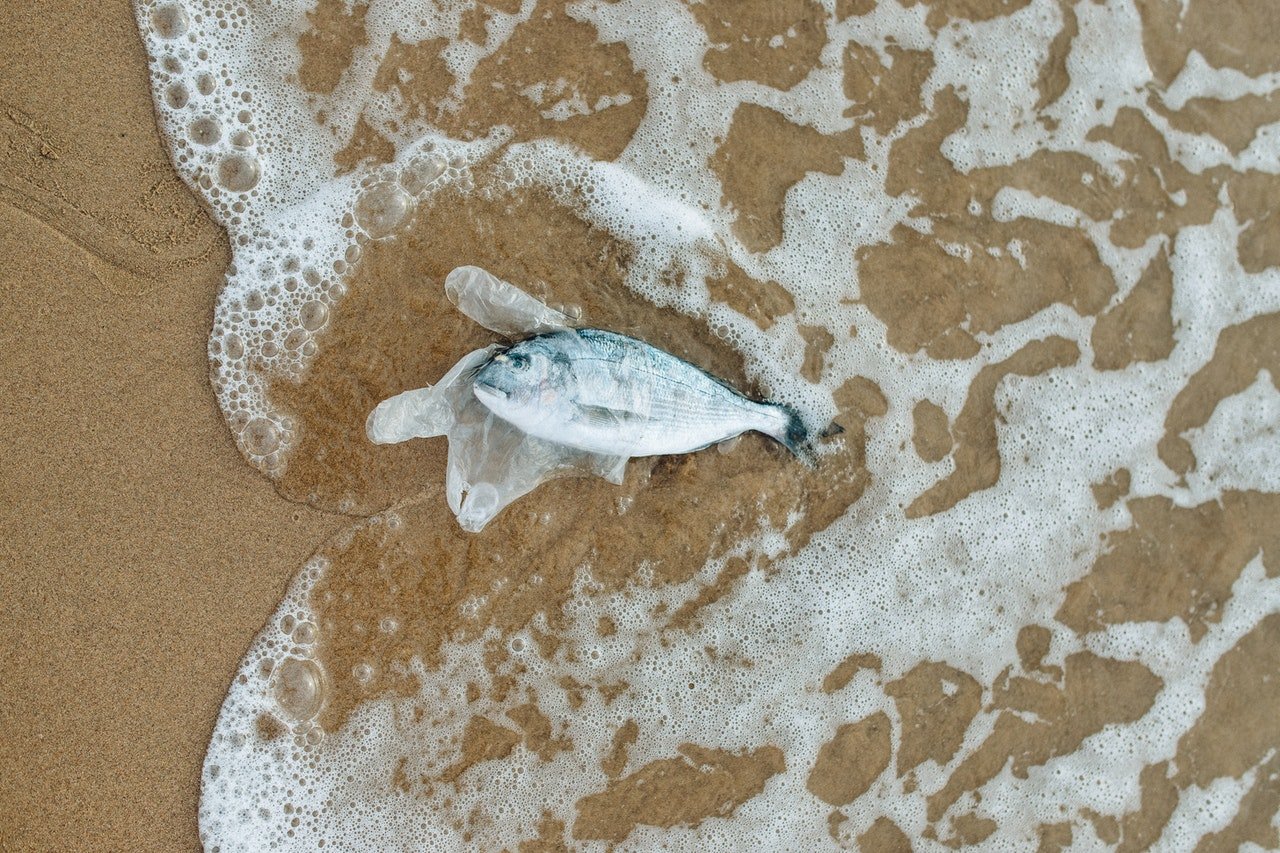photo credit: Nataliya Vaitkevich (via pexels) – Beach cleaning is the process of removing litter, plastic waste, and other pollutants from coastal areas to maintain a healthy and safe environment. It plays a crucial role in preserving marine ecosystems, as discarded plastic and other debris can harm wildlife, contaminate water, and disrupt natural habitats. Birds, fish, and marine mammals often mistake plastic for food or become entangled in waste, leading to severe injuries or death.
Beyond its environmental impact, beach cleaning is important for human health and local economies. Polluted beaches can pose health risks due to bacteria and toxins present in waste, making them unsafe for visitors. Clean beaches, on the other hand, attract tourists, which supports local businesses and communities that depend on coastal tourism.
Another key aspect of beach cleaning is its role in raising awareness. Organized clean-ups educate people about the consequences of pollution and encourage more sustainable habits, such as reducing plastic use and disposing of waste properly. While individual efforts make a difference, broader systemic changes, such as improved waste management policies and corporate responsibility, are also necessary to address the root causes of coastal pollution.
Read the full article 👇🏼








